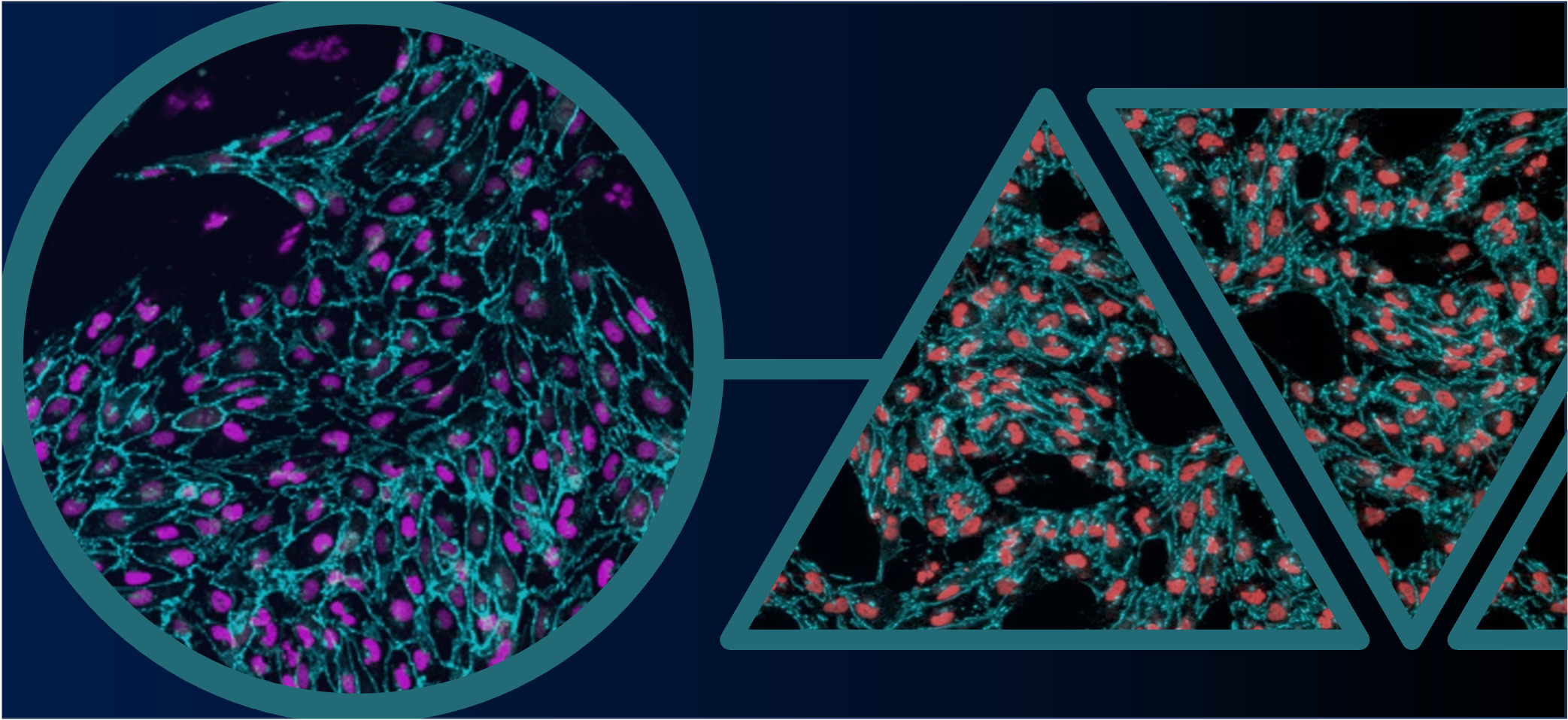
For Researchers
Research Roadmap
Our vision for the future is clear: single ventricle solved. Developed collaboratively alongside leaders in the scientific community, the single ventricle Research Roadmap is a living ten-year plan toward comprehensive, multidisciplinary, and programmatic solutions to understand and overcome single ventricle heart disease.
Focus Areas
Development of The Roadmap
To inform the development of Research Roadmap, we interviewed more than 200 key opinion leaders, conducted a review of published literature, and attended relevant scientific conferences. We formed small working groups of multidisciplinary investigators to tackle specific focus areas and tasked each with designing a holistic research program to address key knowledge gaps in their focus area. Those findings were analyzed and distilled into the Research Roadmap: a cohesive, central plan that communicates four key gaps hindering progress and the solutions needed to solve them.
We hope that this roadmap will galvanize coordination of single ventricle research and clinical care support globally.
Understanding Origins of Single Ventricle

There are too many questions surrounding single ventricle heart defects and not enough answers. Fundamental knowledge about heart development is essential to our understanding of disease pathogenesis, but the field is operating without that full picture of the disease. Recent advancements in technology have dramatically enhanced scientists’ capacity to understand the contribution of variants, architecture, and regulatory elements which can help determine the etiology of this complex disease.
To make progress, we must prioritize uncovering genetic factors in the context of anatomical and clinical phenotype, in conjunction with the generation of animal and cellular models and exploration into non-genetic contributors.
Defining Biological Mechanisms of Outcomes

The onset and trajectory of outcomes in single ventricle are unknown. Historically, complications and comorbidities have been attributed to altered physiology resultant from multi-staged surgeries, but the actual causes have not been explored. Untangling contributing factors and biological mechanisms that underlie progression will allow for preventative, predictive, and personalized care.
Isolation of biological, biomechanical, and environmental pathways in relation to organ-specific dysfunction is key in identifying cause-and-effect relationships, in addition to appropriate model systems that allow for the creation of time-resolved maps. Such data can be generated in parallel with the development of computational models and diagnostics to push the field forward while improving care.
Developing Evidence-Based Care for Sequelae

Many patients are surviving well into adulthood, but these successes are undermined by significant complications and comorbidities that impact quality and duration of life. Clinical practices and treatment strategies have not kept pace with the evolving nature of patient journeys. Without innovation, care improvements will stagnate.
These new directions require concerted research efforts focused on deciphering the trajectory of health outcomes and diagnostics. Together, these efforts help us move toward identifying evidence-based strategies for prevention and treatment.
Creating Pathways to Curative Solutions

Cures for single ventricle do not exist, but advances in other fields give hope that they are on the horizon. Providing a pathway to a functional cure can turn this once-deadly disease into a curable condition where patients can live long and healthy lives.
Enabling technologies, while still early and emerging, require seed investment, as well as efforts to scale and standardize practices in stem cell production. Regardless of the origin of the curative solution, multidisciplinary teams must work together, exploring bionic, regenerative, and transplantation approaches.
What’s Next
Data and collaboration enable discoveries. Right now, our understanding of single ventricle is limited because researchers don’t have the tools needed to ask and answer pressing questions. Charting a new path will require inter- and multi-disciplinary cooperation from both single ventricle and non-single ventricle investigators. We seek to create a new model of trust built on sharing and cooperative behaviors that transcend disciplines represented within our community, by building new, comprehensive resources and supporting the harmonization of available datasets.
Single ventricle care is at a pivotal moment, with new hope on the horizon. While we are making great progress, we cannot do this alone. We look forward to continuing to grow the scientific, clinical, and funding community to create an ecosystem to cure this devastating disease.
To read more, download the full roadmap
Our Impact
Since 2020, we have committed over $62M in funding for research and infrastructure development, all focused around our Research Roadmap. Learn more about our work in our 2022-2023 Annual Report.